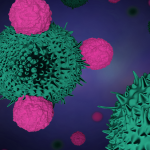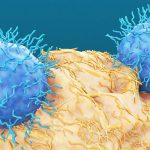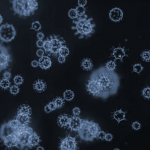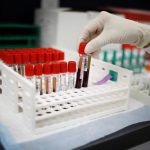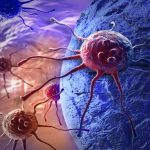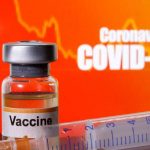The first human case of Monkeypox can be dated back to 1970. Democratic Republic of Congo was the first country to report Monkeypox in humans back then. Since then, the disease caused by Monkeypox virus remained rare and contained within in the regions of central and western African countries. The recent outbreak of Monkeypox disease to the other regions of the world including United States, United Kingdom, UAE, Singapore and Israel is peculiar and a noteworthy cause of concern. This pattern of outbreak being reported from the second week of May 2022 has been studied by the Epidemiologists. Since there are no clear travel links established for such an unprecedented development, more Epidemiological insights are necessary to understand the causes and pattern of outbreak. Going by the primary data, Gay and Bisexual young men are predominately affected by Monkeypox, which need not be an exclusive category prone to this viral infection.
What are the symptoms of Monkeypox?
Ever since the news about multi-country outbreak of Monkeypox was confirmed, there has been a natural interest among the general public in terms of its signs and symptoms. This is significant because it can be confused with similar diseases like Smallpox. Fortunate enough, the symptoms of Monkeypox are clearly differentiated and can be of help in early assessment of the disease among the suspects. The initial signs are fever, headaches, swellings, backpain and aching muscles. At the advanced stages, rashes can be seen to developing on the face, palms and soles. These rashes will ultimately form into scabs, that would eventually fall off. This whole period of infection starting from the early symptoms till the falling off stage of scabs would last up to four weeks. Close contact with an infected person is the known way of catching the infection. Even though it is not clearly classified as a sexually transmitted infection, getting in close contact with an infected person can potentially result in disease transmission.
WHO advisory about Monkeypox outbreak
Based on the available information and data, there is no advisory or recommendation by the WHO in terms of travel restrictions. The advisory is more or less limited to the contact tracing and contact isolation which are focused on containing the community transmission. Tecovirimat, an approved vaccine for Monkeypox may be given for the patients with severe symptoms. It is also a matter of consideration that the smallpox vaccine may be used by the respective countries. Smallpox vaccines is found to be effective in Monkeypox cases too. Any rash-like illness must be considered as a warning sign by the affected individuals and the same should be reported to the Health Care Professionals along with the relevant travel history as well as the sexual history. Supportive treatments for symptomatic relief are recommended along with isolation.



